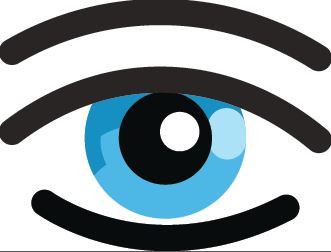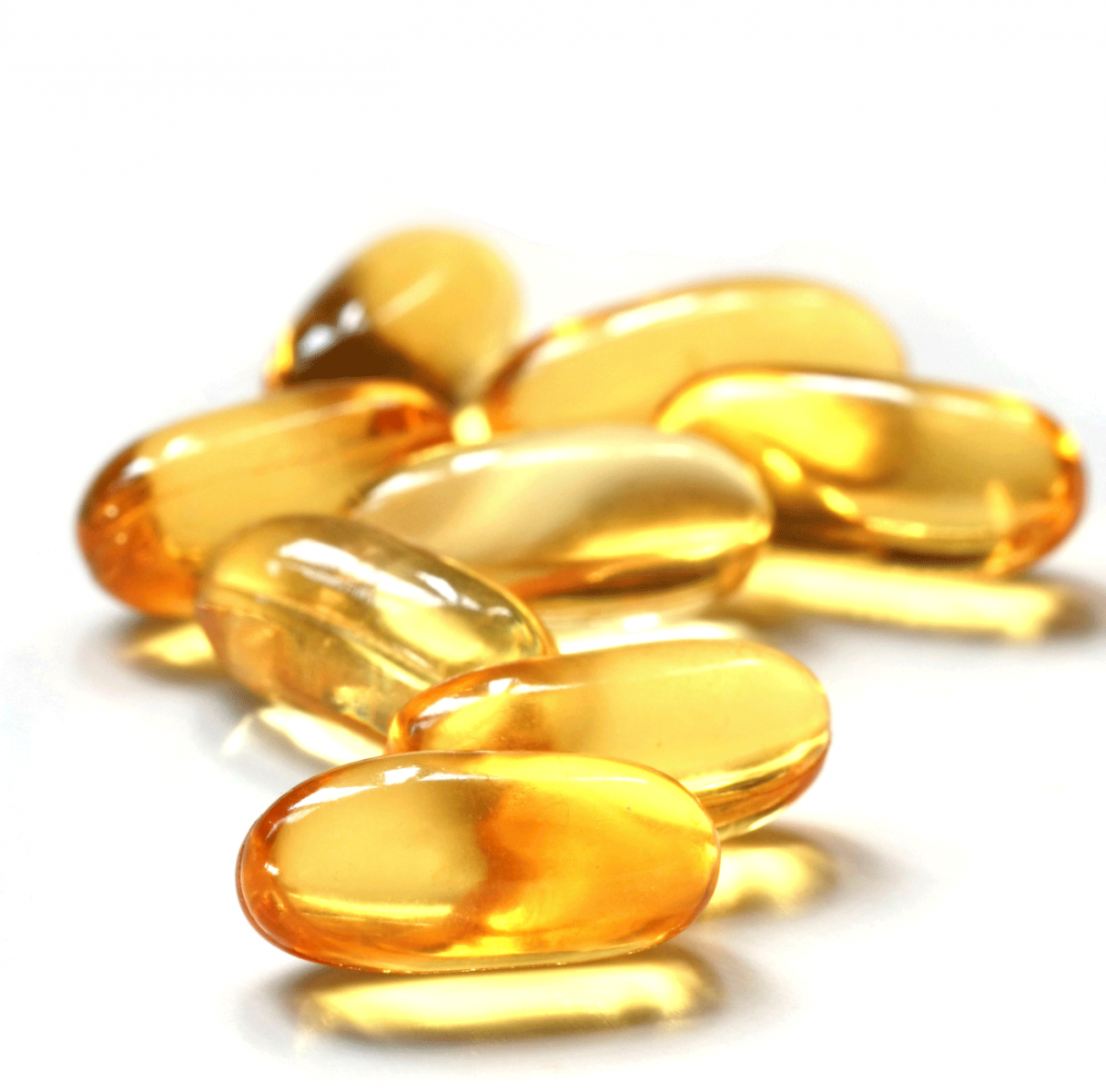
What are somatic workouts?

How to curb your stress eating

How to spot Parkinson’s disease symptoms

8 simple ways to reduce ultra-processed foods in your diet

Heart failure symptoms in women: How they’re different

GERD diet: Foods to avoid to reduce acid reflux

Strong is the new skinny

Everyday habits that sneakily weaken your bones

Don’t wait to get help for back pain

Correcting how you walk may ease osteoarthritis knee pain
Vitamins & Supplements Archive
Articles
Dietary supplements for cholesterol: Are any worth a try?
Various herbs and other supplements have been touted for their ability to improve cholesterol levels. Here's what the research shows — and doesn't show — about some of the best-known products.
Hawthorne. The leaves, berries, and flowers of this plant are used to make medicine that was traditionally used to treat cardiovascular diseases. It may lower cholesterol by increasing the excretion of bile and decreasing the body's production of cholesterol. Verdict: It may possibly help.
Why dietary supplements are suspect
Supplements aren't held to the same standards as FDA-approved drugs. Evidence indicates that few are effective, many are useless, and others may be harmful.
Image: Thinkstock
Dietary supplements—including herbs, vitamins, minerals, and other products—are a $37-billion industry in the United States, and 60% of women are taking them regularly. At the same time, mounting research is suggesting that supplements—even mainstays like calcium—may be harmful at high doses.
The use of supplements and other alternatives to standard treatments is centuries old, but Dr. David Eisenberg, adjunct associate professor at the Harvard T.H. Chan School of Public Health, was the first to document the widespread use of alternative therapies in the United States. In a 1993 article in The New England Journal of Medicine, Dr. Eisenberg and colleagues reported that more than a third of Americans were using unconventional therapies, largely for chronic conditions, and most were doing so without letting their clinicians know. That report covered acupuncture, spinal manipulation, massage, and yoga, but it also focused public attention on all unconventional treatments, including the growing use of herbal remedies and other dietary supplements. In 1998, the Office of Alternative Medicine in the National Institutes of Health (NIH) was revamped as the National Center for Complementary and Alternative Medicine and charged with funding rigorous studies into the safety and effectiveness of alternative physical treatments as well as popular dietary supplements and herbs.
Ask the doctor: Protecting eyesight with vitamins and supplements
Ask the doctor
Q: My eyesight is declining, but my eye doctor tells me I do not have any serious eye problems. Are there any vitamins or supplements I can take to protect my eyes?
A: Based on the most recent research, there is no proven vitamin cocktail to prevent vision loss. The most common causes of vision loss as you grow older are cataracts and age-related macular degeneration (AMD). Since cataracts can be treated with simple surgery, much of the attention for prevention of vision loss has focused on macular degeneration. Initially, there was excitement about antioxidant vitamins, since a combination of vitamins A, C, and E delayed progression of AMD in previously diagnosed individuals. However, the Age-Related Eye Disease Study showed no benefit from antioxidants in people who did not already have AMD. A single study in women (average age 64) reported that a combination of vitamins B6, B12, and folate reduced the development of AMD over a seven-year period. But this study has not been replicated, and it hasn't been done in men, which makes it hard to recommend these supplements.
Sleep and magnesium supplements
Image: Bigstock
Ask the doctor
Q. I have difficulty falling asleep, and melatonin has not worked. I want to avoid medications and I have read magnesium supplements can help. Should I try them?
A. Magnesium is an important element in many biological functions, including nerve and muscle function, so it is often proposed as a natural treatment. It has gained some acceptance as a preventive treatment for migraine headaches, but there is not strong scientific evidence for its use with insomnia.
Should I take vitamin D?
Ask the doctor
Q . I am 68 and in excellent health. I eat a healthy diet, exercise every day, and do not drink or smoke. I'm on no medicines. The only pill I take is vitamin D. But I'm wondering: is there any benefit in that?
A. In a nutshell, here's what we know. Our skin makes most of the vitamin D in our bodies after exposure to sunlight. Because most of us are indoors most of the 24 hour day, many of us have relatively low blood levels of vitamin D.
5 easy ways to add fruits and vegetables to dinner
Fruits and vegetables contain vitamins, minerals, and other nutrients that are essential for good health. That's one reason why a plant-based diet that includes lots of fruits and vegetables can lower your risk of developing life-threatening diseases such as heart disease, diabetes, and some cancers. And when you pile on the produce, there's less room for the unhealthy foods, too.
Dinner is typically the largest (and latest) meal of the day, and it's a good opportunity to make sure that you meet your daily quota for fruits and vegetables. Here are five easy ways to work more produce into dinner.
Dietary supplements can be hard to swallow
In the Journals
A study in The New England Journal of Medicine casts light on a little-known hazard associated with America's multibillion-dollar dietary supplement habit: difficulty swallowing among older people who take vitamin and mineral supplements—particularly calcium supplements.
Using a decade of records from 63 hospitals, researchers with the CDC and FDA estimated that 23,000 Americans end up in the emergency room because of bad reactions to dietary supplements. This includes herbal supplements and those containing vitamins, minerals, and other nutrients (such as amino acids).
Ask the doctor: Does folic acid improve immunity?
Q. What do you know about taking extra folic acid to boost the immune system?
A. Folic acid is the synthetic form of folate, a B vitamin that occurs naturally in some foods, including vegetables, fruits, and dried beans and peas — and is essential for health. Folate is vital for the production and maintenance of our bodies' cells, especially during rapid periods of growth, such as pregnancy and infancy. It's needed to make DNA and RNA, the genetic material that dictates cell functions, and it helps prevent changes to DNA that may lead to cancer.
Yohimbe supplements found to be dangerously strong
| Image: Bigstock |
In the journals
Dietary supplements containing the herbal ingredient yohimbe often contain prescription-strength active ingredients that are potentially dangerous, according to a study in Drug Testing and Analysis.
Scientists analyzed 49 popular brands of supplements with yohimbe. They found evidence that 39% of the products tested appeared to contain a pharmaceutical-grade extract of the herb.
Survey finds wide use of compounded postmenopausal hormones
Research we're watching
A national survey published Sept. 30, 2015, in Menopause indicates almost a third of women who take hormones at menopause are using compounded hormones—estrogen, progesterone, or testosterone prepared by a pharmacist according to a prescription. Such preparations aren't FDA-approved.
The survey, conducted by the North American Menopause Society, asked 3,700 women ages 40 to 84 about their hormone use at menopause. They were queried about the benefits they expected, the benefits they actually received, the side effects they experienced, and their health histories.

What are somatic workouts?

How to curb your stress eating

How to spot Parkinson’s disease symptoms

8 simple ways to reduce ultra-processed foods in your diet

Heart failure symptoms in women: How they’re different

GERD diet: Foods to avoid to reduce acid reflux

Strong is the new skinny

Everyday habits that sneakily weaken your bones

Don’t wait to get help for back pain

Correcting how you walk may ease osteoarthritis knee pain
Free Healthbeat Signup
Get the latest in health news delivered to your inbox!
Sign Up









